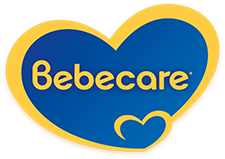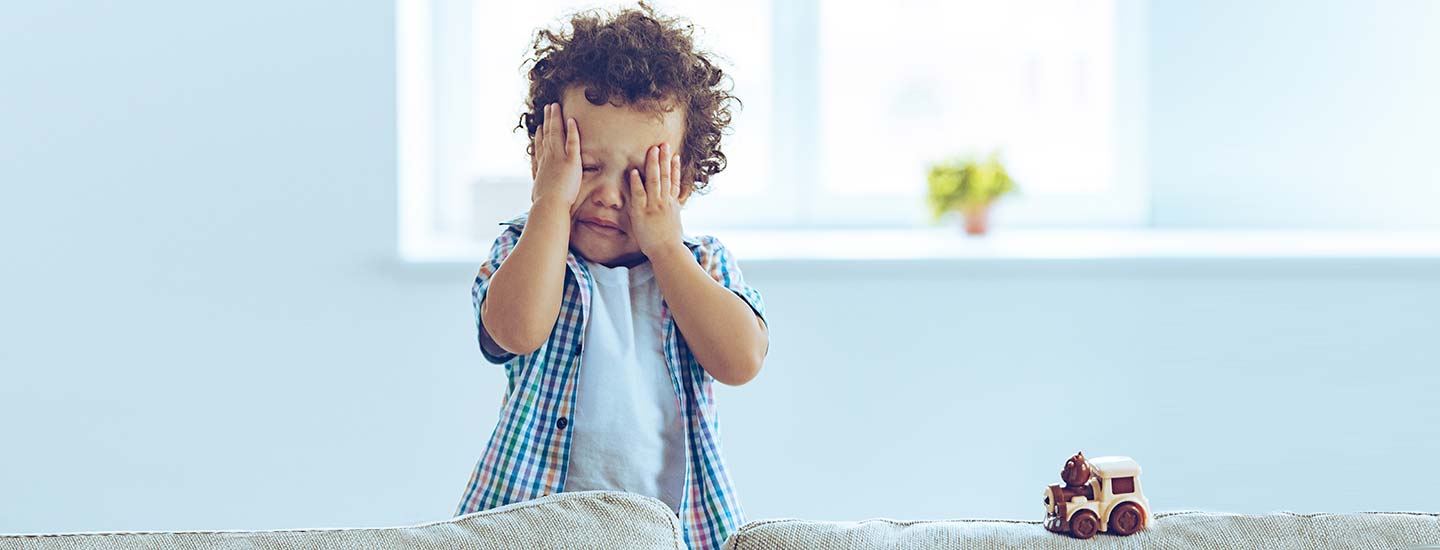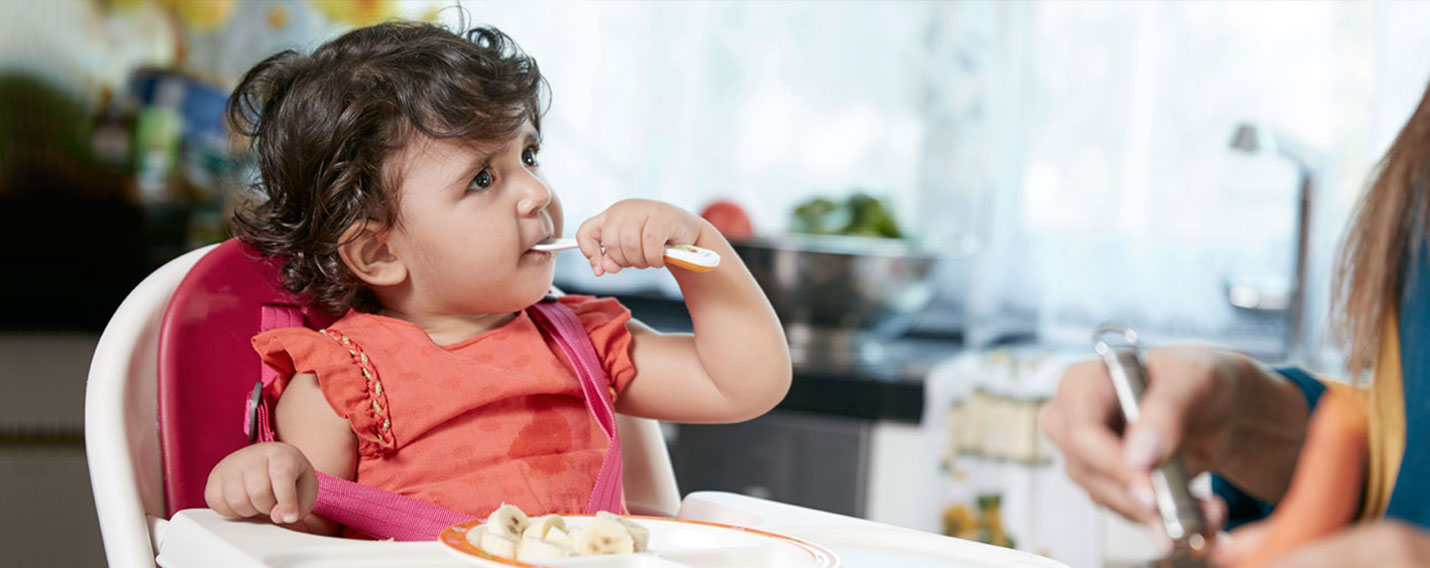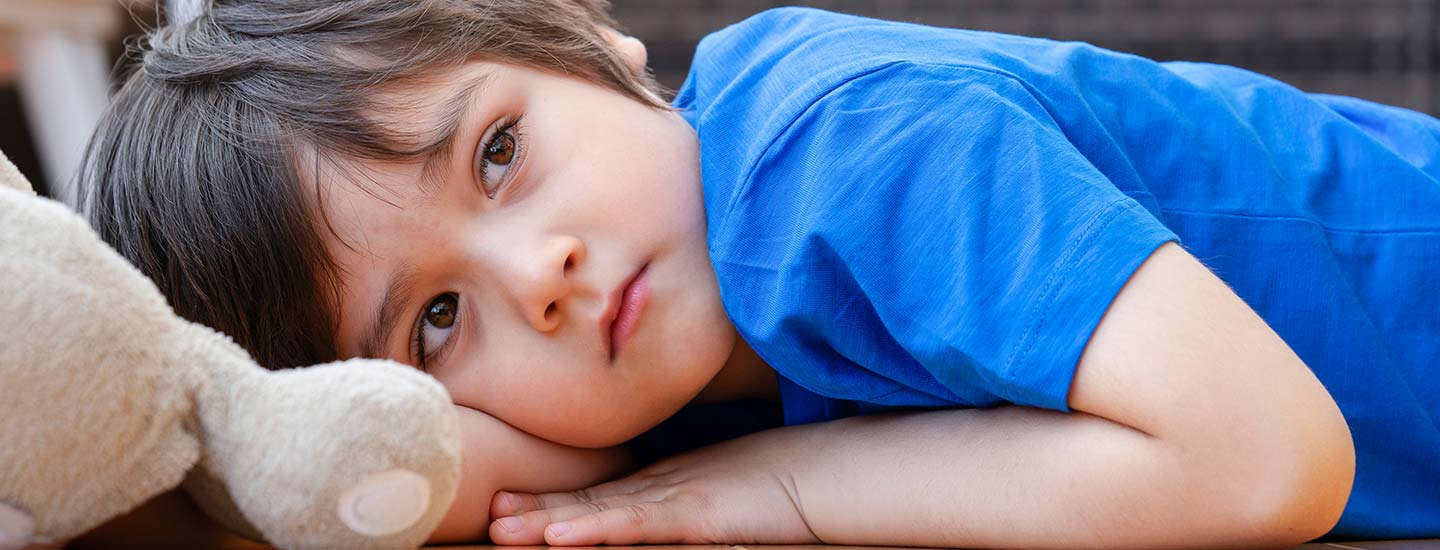The interactions between you and your children are a central element in impacting their development. From the moment a baby is born, every word, emotion, physical touch, facial reaction, and conversation can either inhibit or prohibit a child’s social and emotional development. As children are not independent individuals and constantly need a caregiver to be attentive, they are also strong observers of their surroundings. Therefore, modeling appropriate behavior for your children is as important as it is to talk to them about it. The importance of role models in child development is crucial, and helps shape their resolution skills and how they behave socially.
Children start developing from the moment they are born!
It is not only important for you as a parent to develop your understanding of a healthy emotional and social development for your children, it is also crucial to understand your own social and emotional performance as well. Parents must work on their own sense of identity as they will be modeling it to their children. You must be aware of how you regulate your own emotions and anxiety, how you behave around different people, your conflict resolution skills, and how socially competent you are. Do not be afraid to show moments difficulty to your children, but make sure to model how you resolve these situations. For example, do not hide a minor conflict you have with your sibling, rather model to your child how you talked and resolved the issue successfully. You, as parents are automatically role models to your children, so it is important you show them how to deal with problems situations competently.
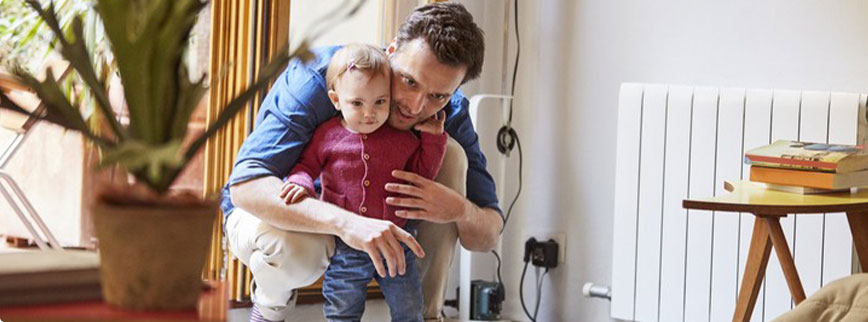
Families are the most influential figures in a child’s life from the very start.
Always remember that you are the number one influence in your child’s life. You are the most person they interact with and the most person they look up to. As important as it is to build your parenting style and profile in front of your children, you are still a person with your own conflicts and behaviors. Working through your own social and emotional well-being and building your identity as a person will reflect on your child’s behavior as well as they will see you “walk the walk”.


